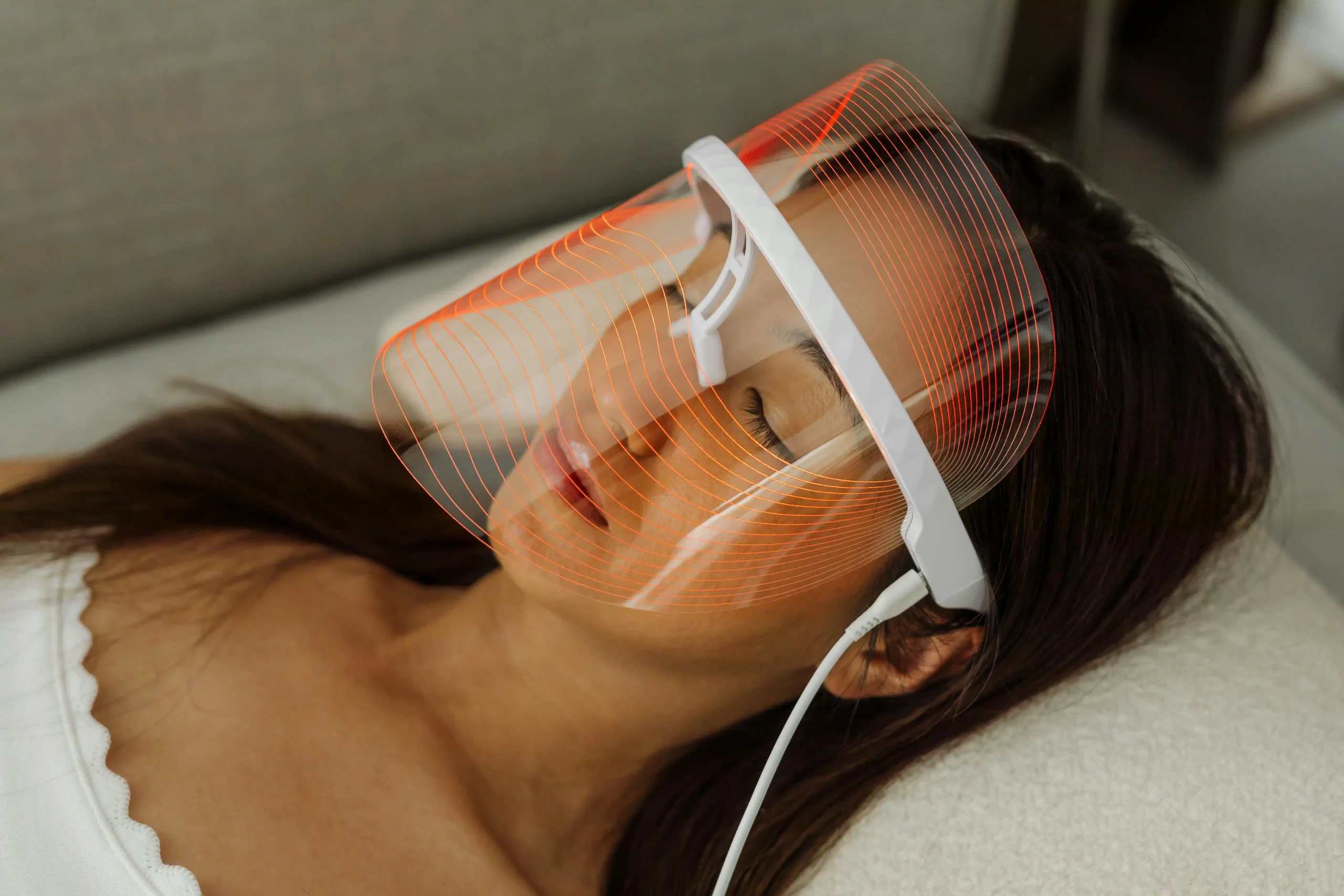“If femininity meant female sexuality and charm, women would never lose it and never have to redeem it. If we feel pleasure, we all have good bodies. We don’t have to spend money, go hungry, struggle and learn how to become sensual, we would always be sensual. We don’t have to believe that somehow we should earn erotic attention, we always deserve it,” is how Naomi Wolf wrote about the beauty myth.
Are corpuscularity and corpuscularity the same thing? Nowadays, with the changing canons of beauty, nothing is so obvious. What is certain is that self-acceptance is the answer to all questions.
corpuscularity
The term body positive was created in 1996 by psychotherapist Elizabeth Scott. At the time, Elizabeth was working with her patient Connie Sobczak, who suffered from an eating disorder. The result of their collaboration is thebodypositive.org, a website that is still in operation today and offers educational materials to help people feel good about their bodies. Between 2008 and 2010, the promotion of body positivity gained momentum thanks to the growing popularity of social media. However, the idea is much older, although it has not been called “corpuscularity” for decades.
The movement’s origins date back to the late 1960s, when a young engineer from New York, Bill Fabrey, fed up with the indignities meted out to his obese wife Joyce, made copies of an article about the unfair treatment of overweight people and distributed them to everyone he knew. He then gathered a small group of people and created the National Association to Aid Fat Americans (today known as the National Association to Advance Fat Acceptance, the longest running organization fighting for the rights of overweight people). In the 1980s. activists promoting love for one’s body regardless of weight began to appear around the world.
not only weight
It’s not just being overweight that can make it difficult for us to accept our own bodies and view them positively. Skin diseases such as psoriasis, atopic dermatitis, vitiligo and rosacea are ailments that not only visually alter the body, but also cause physical pain. It doesn’t help build self-confidence.
Fortunately, there are a growing number of initiatives in social media that try to tame such problems. Following the hashtags #psoriasisfighter, #psoriasiswarrior, #rosacea on Instagram will reach people like Alicia, author of the blog www.byladybug.pl, who has been suffering from psoriasis since she was 8 years old and shows off her body without idealizing filters proving that life with the skin disease can be not only normal, but also rewarding.
 Each of us is beautiful no matter our age, skin color or weight!
Each of us is beautiful no matter our age, skin color or weight!
What if it can't be done?
Of course, it’s great to feel good in your body, but it’s not always feasible. The reasons for this sometimes vary. Sometimes it’s about allowing ourselves to feel the way we actually feel, and we don’t always feel good. It’s hard to feel good when your skin burns with living fire, when every movement causes pain, when you wake up in bloody sheets because you scratched yourself terribly again in your sleep.
For many people dealing with skin diseases, a much bigger problem than physical pain is people’s stares. And it’s not just about evaluative glances, but also those expressing concern or sympathy – any focus of the eye. Leaving the house in an outfit that reveals legs with active psoriasis outbreaks becomes a challenge – especially in summer. Vitiligo, rosacea, alopecia areata are just, some of the diseases that dramatically lower self-esteem and often lead to further mental illnesses – depression, addictions.
bodyoneutrality
The body-positivity movement also faces criticism. The affirmation of one’s (in)ideal body in accordance with the bodypositive spirit continues to focus on corporeality, which can consequently contribute to new appearance-related complexes, but also to a misperception of one’s body, as well as health. Because, after all, as skeptics point out, it is impossible to accept one’s body all the time.
This is where the term body neutrality comes in, credited to Anne Poirier, a fitness trainer who first used the term in 2015. Four years later, the idea of a non-judgmental relationship and no longer valuing oneself through one’s body image was popularized in the world of social media.
However, bodoneutrality is neither a rejection nor a denial of the positive, affirmative perception of the body, but a complement to it. It’s about accepting ourselves by taking care of our health and self-development, respecting ourselves and our bodies, but also appreciating the opportunities it gives us. The idea of body neutrality underscores the importance of building self-esteem no matter what kind of bodies we have. As Anuschki Rees writes in Beyond Beautiful, “how I feel about myself has nothing to do with how it looks.
I am a woman, I am a gentlewoman
In today’s world, full of Instagram filters, changing beauty canons and widely available plastic surgery and aesthetic medicine procedures, it is difficult to maintain one’s IAM. You have to find the golden mean in all of this and love yourself. Because no one will love us with a love as true as we love ourselves. Self-acceptance is the key to success. Beautiful on the inside we are also beautiful on the outside. We become confident and can proudly say, I am a Woman! I am GentleWoman!





